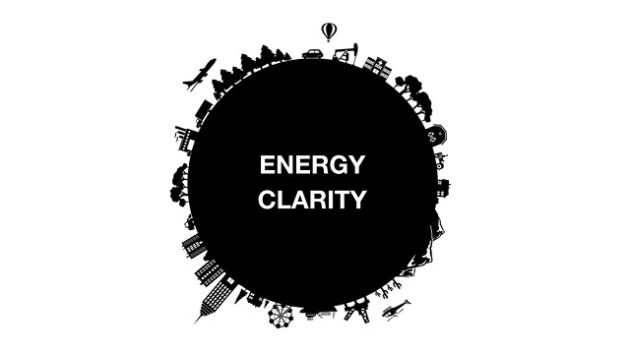What are fossil fuels?
The hydrocarbon industry has developed a highly resource efficient process to find, extract and harness a naturally concentrated, plentiful and stored source of energy. It’s the only industry that has come up with a process that is cheap, plentiful and reliable. To understand why that is, it’s important to understand what fossil fuels are and how to explain it to someone who doesn’t work in the fossil fuel energy.
Fossil fuels 101
Fossil fuels are created by the decomposition of living organisms over millions of years. Let’s take the example of coal. The organic matter decomposes and combined with time, heat, and pressure, becomes more and more dense, getting buried under several layers of earth and eventually forming coal.
Fossil fuels are also referred to as hydrocarbons because they are very rich in molecules made of hydrogen and carbon atom combinations. When these atoms bond together, they have some remarkable properties.
When you burn fossil fuels, you introduce oxygen into the system, leading the carbon atoms to bond with oxygen and become carbon dioxide, while the hydrogen atoms bond with oxygen to become dihydrogen oxide—that is, water. The energy formerly holding them together is released in the form of heat, which creates pressure that can move the engine. That’s basically how all the different engines in modern life work. It’s a very efficient way of generating energy.
Just how plentiful are fossil fuels?
It’s important to note that there is an enormous amount of hydrocarbon in the earth. But even though there is a huge amount of this material, if we don’t know how to get it or don’t know how to use it, it’s useless. For most of history, we haven’t been able to do either. However, today, thanks to the ingenuity of the fossil fuel industry, we’re able to find and extract those hydrocarbons and use them more efficiently.
Exactly how much is there? What we often discuss is what are called reserves, which is the amount we have in inventory. The thing to realize is that the reserves are usually a very small fraction of the overall in-place amount or deposits that actually exist in the earth.
If you notice, what this graph shows with oil—and the same is true for natural gas—our consumption over time goes up, but our reserves also go up.
That seems impossible unless you realize that the overall deposits are massive; many, many, more times than we have used in the whole history of civilization.
So the key question is not how much deposit is there; it’s whether we have the ingenuity to turn those deposits into usable energy.
The hydrocarbon industry has answered this question by continuing to improve how we access and use these resources, which has translated into an abundant energy source for billions.
Vitamin O
The hydrocarbon industry produces energy for every kind of use: heating, electricity, but perhaps the most distinctive form of energy it produces that no other industry can replicate, is oil.
Oil is a cheap, plentiful, and reliable form of portable energy. Why is portability important? It has allowed us to create new applications for energy, such as cars, planes, and harvesters, which would not exist if their energy sources were not portable.
For example, a modern harvester that reaps enough wheat for 500,000 loaves of bread a day needs to carry its energy with it. Nothing can match liquid hydrocarbons, in this case in the form of diesel fuel. That’s why over 90% of the world’s transportation comes from liquid hydrocarbons, because in terms of portability, it is the best.
So when people talk about restricting that, particularly oil-based fuels, the conversation should include all of the potential consequences. The hydrocarbon industry produces energy for so many different types of uses.
It is the only industry that can produce cheap, plentiful, and reliable energy that we need to power our machines, amplify our productivity, and provide significant amounts of power on the go. It is the only industry to do so for billions of people throughout the world.




Leave a Reply
Want to join the discussion?Feel free to contribute!